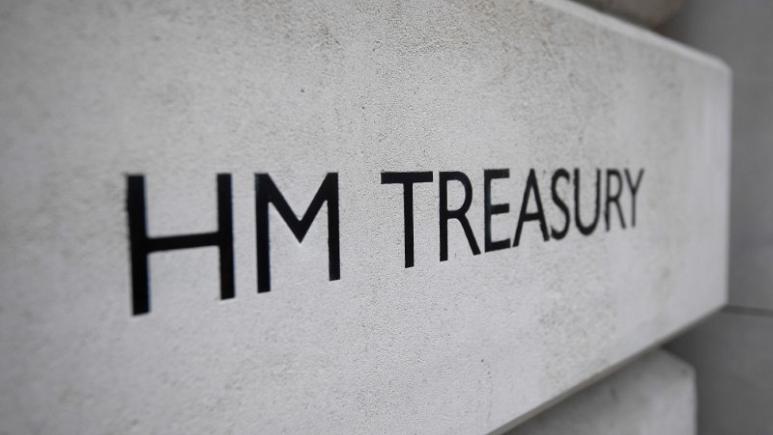
Up to £36bn worth of government-backed business loans could turn toxic by next year, as firms struggle to repay growing debts during the Covid-19 crisis—The industry is scrambling for answers.
An interim report by the Recapitalisation Group, led by EY and lobby group TheCityUK, projects that businesses will be saddled with £97bn-£107bn worth of unsustainable debt by March 2021.

Access deeper industry intelligence
Experience unmatched clarity with a single platform that combines unique data, AI, and human expertise.
A third of that total will come from government-backed loans, the industry task force said.
The report outlines a range of measures meant to support businesses and avoid using taxpayer money to cover unpaid debts if companies default on their loans.
Those ideas, which have been submitted to the Bank of England and the Treasury, include turning debt into equity or a profit tax, and introducing debt repayment holidays.
Recommendation: UK Recovery Corporation
The City taskforce is proposing to set up a UK Recovery Corporation (URC).

US Tariffs are shifting - will you react or anticipate?
Don’t let policy changes catch you off guard. Stay proactive with real-time data and expert analysis.
By GlobalDataThis would be a government-owned entity through which companies could convert their short-term debts into a longer-term financial obligation to HMRC and pay back the debt when they are making enough money.
Banks argue that the URC will be necessary to handle a growing pile of unsustainable government-backed debt that could otherwise wipe out thousands of businesses and lead to 3 million job losses.
The alternative would be for the UK government to take direct ownership stakes in hundreds of thousands of companies—a much less palatable option, the banks say.
Best chance of keeping taxpayers off the hook?
Under the URC proposal, Businesses that took on debt through the government-backed coronavirus business interruption loan scheme (CBILS) or bounce back loan scheme (BBLS) would be able to apply for special measures through the corporation if they were at risk of default.
The URC would then be able to convert their government-backed debt into special financial instruments such as preference shares or an earnings-based profit tax, giving businesses breathing space to repay and recover from the covid-19 crisis.
Banks contend that their proposal is the best chance of avoiding the use of taxpayer money to cover unpaid debts. This is what could happen if the banks write off the loans and call in their government guarantees.
The final report by the Recapitalisation Group is being reviewed by the Treasury.
Meanwhile, Chancellor of the Exchequer Rishi Sunak, in comments this week, did not heighten hopes of a government intervention. The bar for that is very high, he said, and should be only considered in exceptional circumstances.







